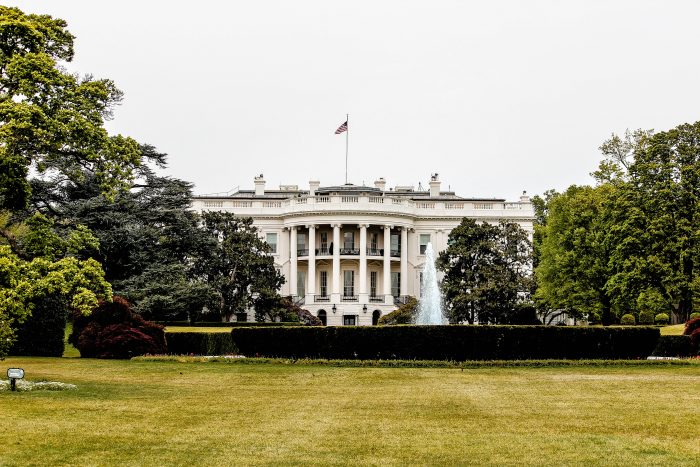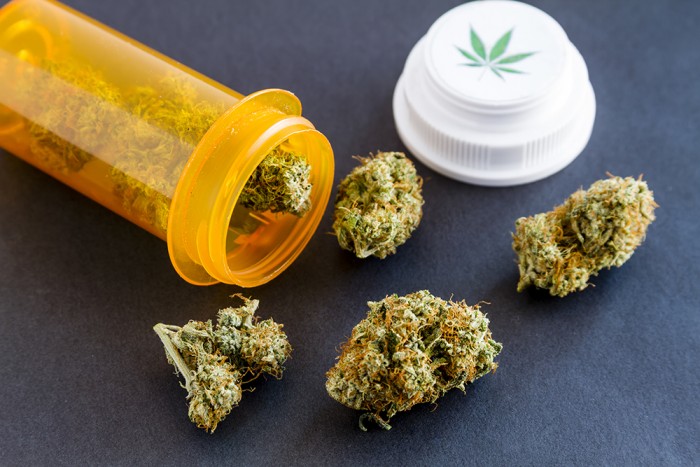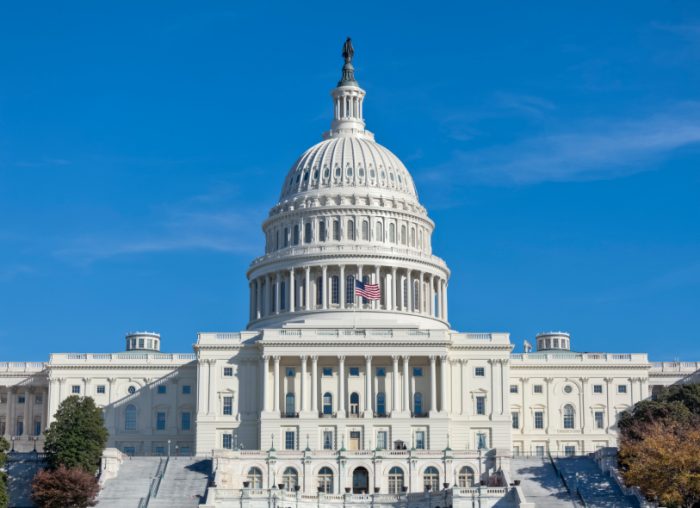Pennsylvania Lawmakers Unveil Marijuana Bills on 4/20
RCPA 2023 Capitol Day and Rally Information
RCPA will be hosting our 2023 Capitol Day on Monday, April 24. During the day, RCPA will hold a press conference and rally on the steps of the Capitol outside the Main Rotunda between 12:30 pm – 1:30 pm. Invited representatives for the press conference include Rep. Dan Miller, Rep. Mike Schlossberg, Rep. Donna Oberlander, Rep. Bridget Kosierowski, Rep. Doyle Heffley, and Rep Stephen Kinsey. Those invited will speak alongside Richard S. Edley, President and CEO of RCPA, and RCPA Policy Directors. If you have not registered for this event, please register here.
RCPA requests members schedule appointments with their Senate and House legislators to discuss the state budget, legislation, and regulations. Members may access the following documents to be used in their meetings with their representatives:
- RCPA Legislative and Administrative Priorities
- Early Intervention Position Paper
- ID/A Downsizing Infographics
- ID/A Workforce Compensation Survey
- ProVantaCare Community HealthChoices RFI Response
- RCPA Brain Injury Service Landscape Infographic
- RCPA Community HealthChoices RFI Response
- RCPA Mental Health Fact Sheet
- RCPA Value-Based Purchasing Survey Brief
Copies of materials will also be available at the Capitol Rally.
Members can visit the Pennsylvania Capitol website to find parking information and maps. If you have questions regarding our 2023 Capitol Day, please contact Jack Phillips.
We look forward to seeing you on April 24!
Associations Express Concern Regarding SIS Assessments to ODP
PCHC Presents on “The Essential Role of Cultural and Linguistic Competence in IDD Supports and Services” — May 23

CMS Call Regarding End of COVID-19 PHE Scheduled for April 25

The Centers for Medicare and Medicaid Services (CMS) will be hosting an informational National Office Hours call on April 25, 2023, at 3:30 pm. The call will focus on the ending of the COVID-19 Public Health Emergency (PHE) that will take place on May 11, 2023, and will help providers, facilities, and people with Medicare prepare. CMS leaders and expert staff will present an overview of the effects of the PHE’s ending on the current waivers and flexibilities and then answer questions.
In preparation for this webinar, CMS encourages participants to review the following resources to determine what questions remain that will support your efforts after the end of the PHE:
- What Do I Need to Know? CMS Waivers, Flexibilities, and the Transition Forward from the COVID-19 Public Health Emergency;
- The Current Emergencies web page; and
- The Coronavirus Waivers and Flexibilities web pages.
Speakers:
- CMS Leaders from the Office of the Administrator, Center for Medicare, and Center for Clinical Standards and Quality
- CMS Subject Matter Experts on Medicare policy and PHE-related waivers and flexibilities
RSVP — Register Here
After registering, a confirmation email will be sent containing information about joining the call. When you select the link to join the call on April 25, you will see a message stating that the host will allow you to join the event momentarily. Please continue to wait at that screen until the CMS team opens the call and admits everyone.
President Biden Signs Executive Order Aimed at Improving Care for People with Disabilities

RCPA Submits Comments on Community HealthChoices RFI
RCPA Member Woods Services Joins Effort to Open BH Care Center for Individuals With IDD
TBI Advisory Board Meeting Planned for May 5, 2023
The Traumatic Brain Injury (TBI) Advisory Board, established under section 1252 of the Federal Traumatic Brain Injury Act of 1996 (42 U.S.C. § 300d-52), will hold a public meeting on Friday, May 5, 2023, from 10:00 am – 3:00 pm. The meeting will be held in person at the Pennsylvania Training and Technical Assistance Network, which is located at 6340 Flank Drive, Harrisburg, PA, in the Cambria Conference Room.
Meeting materials will be sent out before the meeting and will also be available on the TBI Board’s website as well as the meeting location. Questions regarding the meeting should be directed to Nicole Johnson.
The Department of Health’s (DOH) Head Injury Program (HIP) strives to ensure that eligible individuals who have a traumatic brain injury receive high quality rehabilitative services aimed at reducing functional limitations and improving quality of life. The TBI Board assists the DOH in understanding and meeting the needs of persons living with TBI and their families. This quarterly meeting will provide updates on a variety of topics, including the number of people served by HIP. In addition, meeting participants will discuss budgetary and programmatic issues, community programs relating to traumatic brain injury, and available advocacy opportunities.
For additional information or for persons with a disability who wish to attend the meeting and require an auxiliary aid, service, or other accommodation to do so, contact Nicole Johnson, Division of Community Systems Development and Outreach, (717) 772-2763. For speech and/or hearing-impaired persons, contact V/TT (717) 783-6514 or the Pennsylvania Hamilton Relay Service at (800) 654-5984.














